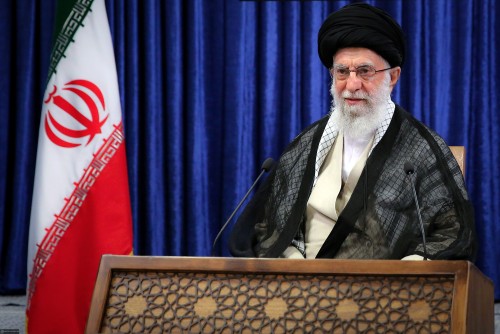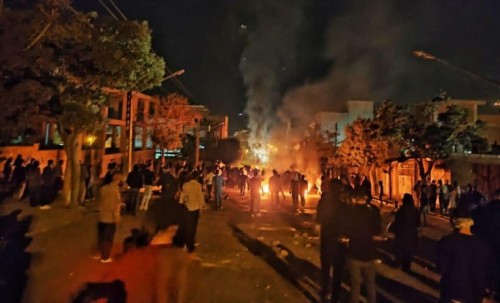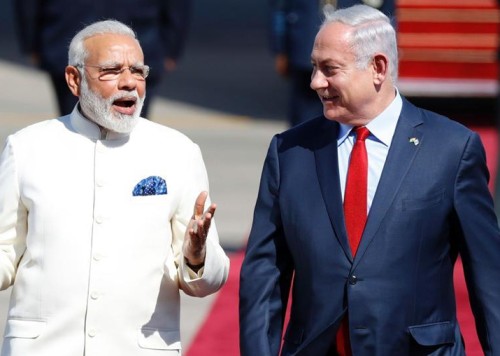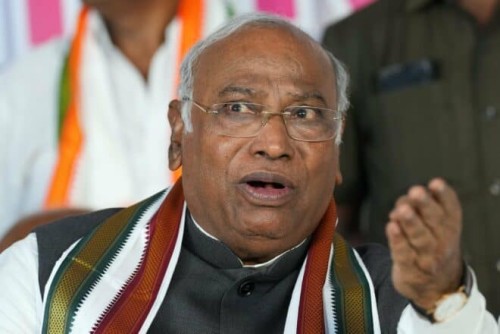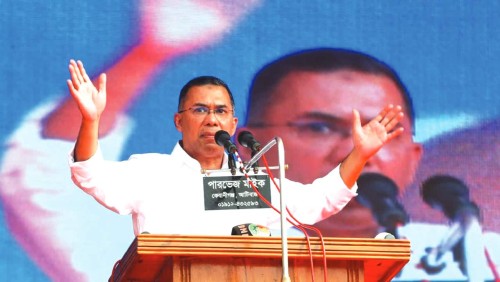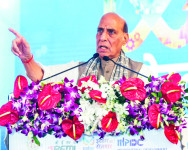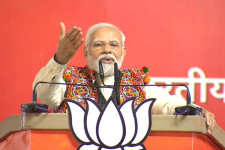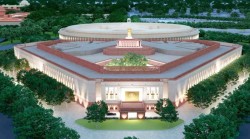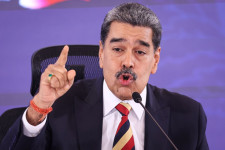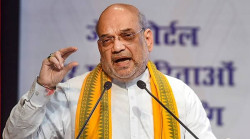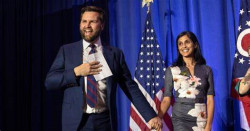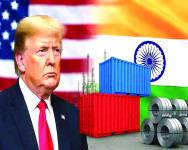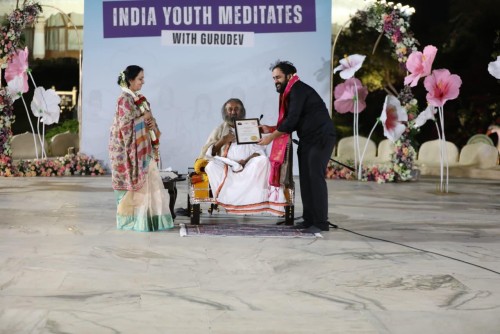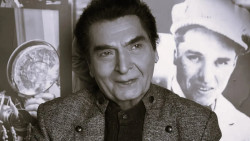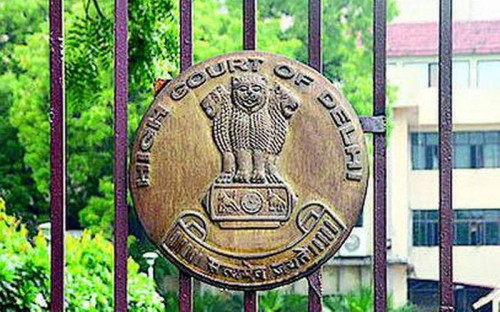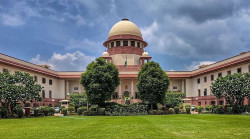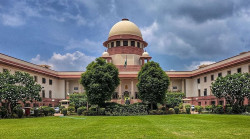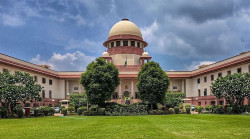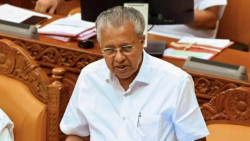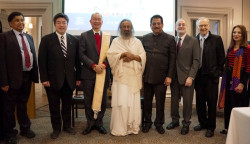In the age of a rapidly evolving India, where laws and institutions are being reoriented to serve a democratic and inclusive future, the Waqf (Amendment) Bill, 2025 stands as a watershed moment—one that attempts to redistribute power, resources, and accountability in a domain long shrouded in opacity and feudal relics. Now passed by both Houses of Parliament, this amendment signals not just a legal shift, but a societal realignment—away from medieval forms of property endowments towards a more equitable framework grounded in constitutional values.
Understanding ‘Waqf’: Meaning and Origins
Waqf, under Islamic law, refers to the permanent dedication of property—movable or immovable—for religious, charitable, or social purposes. Once designated as waqf, ownership is irrevocably transferred to Allah, and a Mutawalli (manager) is appointed to administer it on behalf of the community.
The Waqf tradition in India began during the Delhi Sultanate, with Sultan Muizuddin Sam Ghaor dedicating villages to maintain the Jama Masjid in Multan. The system expanded under subsequent Islamic dynasties. However, during British rule, the Privy Council derided waqf as a “perpetuity of the worst kind.” India in 1913 enacted the Mussalman Waqf Validating Act, which reaffirmed its legality. Yet, the waqf system carried into the post-colonial era with many of its medieval and colonial flaws intact.
The Scale and Challenges of Waqf in India
Unlike many Islamic-majority countries such as Turkey, Egypt, Tunisia, Iraq, and Syria—which have abolished or curtailed waqf to pursue land reform and modernization—India remains unique in providing full legal protection to waqf, underscoring the need for balanced reform that respects faith while ensuring fairness
India is home to approximately 8.8 lakh waqf properties, as per the Waqf Assets Management System of India (WAMSI), with Uttar Pradesh leading the count at over 2.4 lakh properties. Other states with significant waqf holdings include West Bengal, Punjab, Tamil Nadu, and Karnataka. Of these, more than 6.2 lakh properties comprise mosques, graveyards, agricultural lands, shops, and residential structures. However, the waqf ecosystem faces serious challenges, notably encroachment and protracted litigation. Punjab records the highest encroachment rate at 56.5%, while states like West Bengal, Bihar, and Andhra Pradesh report thousands of waqf-related legal disputes, highlighting widespread governance and administrative issues across the system.
At its core, the Bill seeks to correct long-standing imbalances—disproportionate control of land and assets in the name of religion, often without clear ownership, accountability, or benefit to the broader community it claims to serve. The removal of the contentious provision of waqf by user—which enabled properties to be claimed as waqf simply on account of long-term religious usage without legal title—ends decades of quiet encroachment that, more often than not, sidelined rightful owners and public interests.
Though waqf is rooted in religious endowment, its administration in India is fundamentally secular in nature. The Waqf Act of 1995 institutionalized this framework by establishing State Waqf Boards (SWBs) and the Central Waqf Council (CWC), both functioning as statutory bodies under state regulation. Indian courts have consistently reinforced this distinction between religious sentiment and governance. In Syed Fazal Pookoya Thangal vs Union of India (1993), the court affirmed that Waqf Boards are regulated by the state, not as religious entities. Similarly, in Hafiz Mohammad Zafar Ahmad vs UP Sunni Board (1965), it was clarified that a mutawalli, or manager, is merely an administrator and not the owner of waqf property. The broader principle was underscored in Tilkayat Govindlalji Maharaj vs State of Rajasthan (1964), where the Supreme Court held that managing religious property constitutes a secular act—firmly placing waqf governance within the domain of state oversight rather than religious authority.
From Endowment to Empowerment
By mandating that only a practicing Muslim for at least five years who also owns the property can declare a waqf, the Bill restores individual agency and property rights while ensuring that waqf remains a sincere religious endowment—not a mechanism for unregulated land capture. The clause on waqf-alal-aulad ensures that inheritance rights, especially of women, are not denied in the name of piety—a progressive correction to a pattern that disproportionately excluded female heirs under the guise of religious endowments.
This is where the spirit of Dr. B.R. Ambedkar finds resonance. He had once remarked, “I measure the progress of a community by the degree of progress which women have achieved.” The amendment, in its strengthening of women's property rights within the waqf framework, pays homage to that vision—moving beyond symbolic justice to structural reform.
Jurists have long highlighted the tension between religious endowments and individual rights. Justice Indu Malhotra, in a public lecture post-retirement, observed that “religious freedom must be protected, but it cannot be a cloak for immunity from public accountability.” The Amendment echoes this sentiment by institutionalizing safeguards that reaffirm the primacy of transparency in religious trusts.
Often the internal injustices within communities are often ignored under the guise of protecting external rights. The Bill disrupts this norm by addressing intra-community inequities, especially those faced by women and economically weaker Muslims, long denied their rightful share in waqf-managed resources.
A Break from Colonial Continuities
Historically, the waqf system in India carried forward its medieval and colonial legacy into the post-independence period—structured by the British to maintain socio-religious hierarchies and appease vested elites. The Waqf Act of 1995, while a modern effort, still inherited those colonial patterns of unaccountable control. The 2025 amendment breaks decisively from that past. It removes the Waqf Board’s unchecked power to declare property as waqf, instead placing this responsibility with administrative officers accountable to state governments. Critics may call it centralization, but it is actually institutional transparency and rule of law coming into play.
The Supreme Court, in Board of Muslim Wakfs v. Radha Kishan (1979), had already clarified that waqf properties are not immune to judicial review and must adhere to general laws of the land. This amendment advances that precedent by demanding due process before any waqf declaration—an overdue correction to the arbitrariness that once prevailed.
The Sachar Committee Report (2006) identified waqf as a vast but underutilized socio-economic asset, estimating that efficient management could generate an annual revenue of ?12,000 crore. To unlock this potential, the committee recommended a series of reforms: professionalizing the role of mutawallis (waqf managers), ensuring transparent and digitized record-keeping, appointing women and technocrats to Waqf Boards, and mandating regular financial audits. These measures aimed to bring accountability and modern governance practices to waqf administration. However, despite the clarity of vision, implementation across most states remained sporadic and limited—until recent efforts signalled a renewed push toward reform.
The introduction of a digital portal for waqf registration, audits by the Comptroller and Auditor General (CAG), and the inclusion of non-Muslim members and members from diverse Muslim sects on the Waqf Boards further reflects an inclusive and modern approach to religious administration—ensuring that no single group monopolizes a public resource in the name of faith.
Justice at the Margins
Yes, there are constitutional questions. The grey areas—such as curtailing the powers of religious boards or redefining ownership without community consensus—must be debated and, where necessary, legally clarified. But the larger arc of this reform is undeniably aligned with Article 14 (Right to Equality), Article 15 (Prohibition of discrimination), and Article 39(b) of the Directive Principles, which speaks of the distribution of material resources to subserve the common good.
Senior Advocate Harish Salve has argued that “when personal law or religious practices impede the constitutional guarantee of equality, the Constitution must prevail.” The Amendment reflects this constitutional hierarchy—not to antagonize, but to uplift those at the margins of legal and economic access.
This legislation is not a negation of minority rights. It is an affirmation of intra-community justice—where the rights of underrepresented groups within a community, especially women and economically backward classes, are finally being heard. It is an attempt to ensure that the spirit of endowment—charity, service, welfare—returns to the centre of waqf management, rather than its long-standing misuse as a parallel estate system.
A Step Towards Equity, Not Uniformity
The Waqf (Amendment) Bill should not be viewed as an isolated measure, but as part of a broader, national conversation on equity, justice, and reform of religious institutions—be it temples, churches, or waqf. It marks a step not towards uniformity, but towards fairness—where no individual or institution is above scrutiny, and where the rule of law ensures equal protection, regardless of faith.
In this moment, India doesn’t just amend a law—it rewrites a principle: that faith can coexist with fairness, and that historical legacies can be reimagined for a more inclusive future.
The article has been authored by Ms. Hemangi Sinha, Project Head at the World Intellectual Foundation, and Pravin Kumar Singh, Senior Project Associate at the World Intellectual Foundation.
In the age of a rapidly evolving India, where laws and institutions are being reoriented to serve a ...






